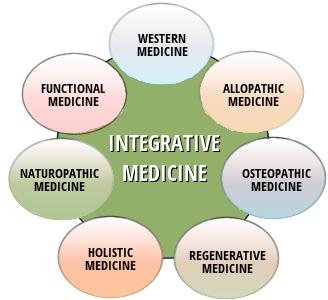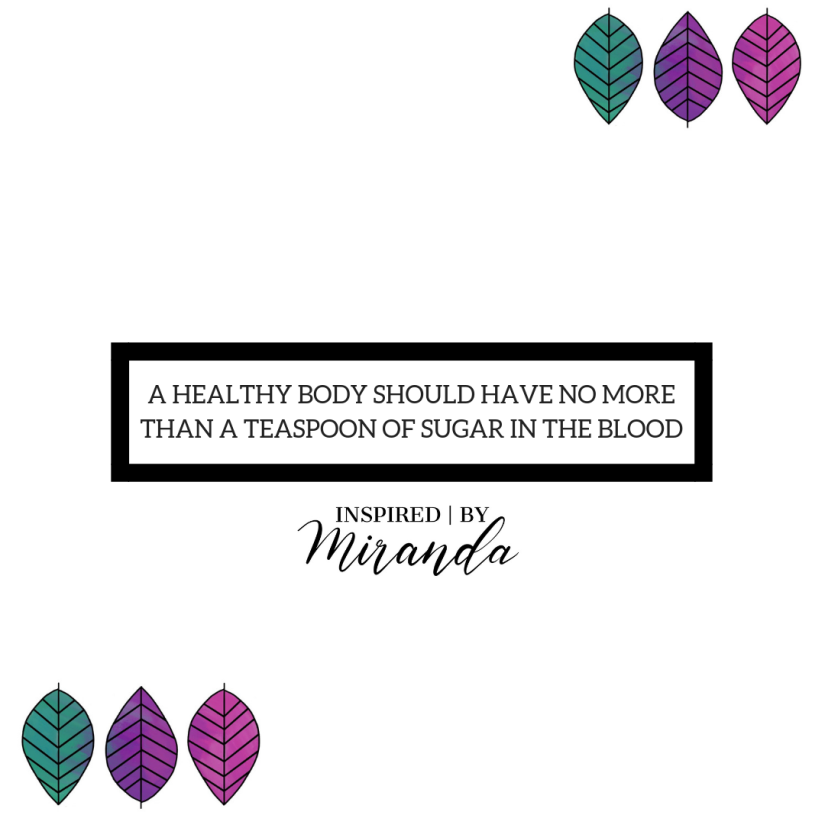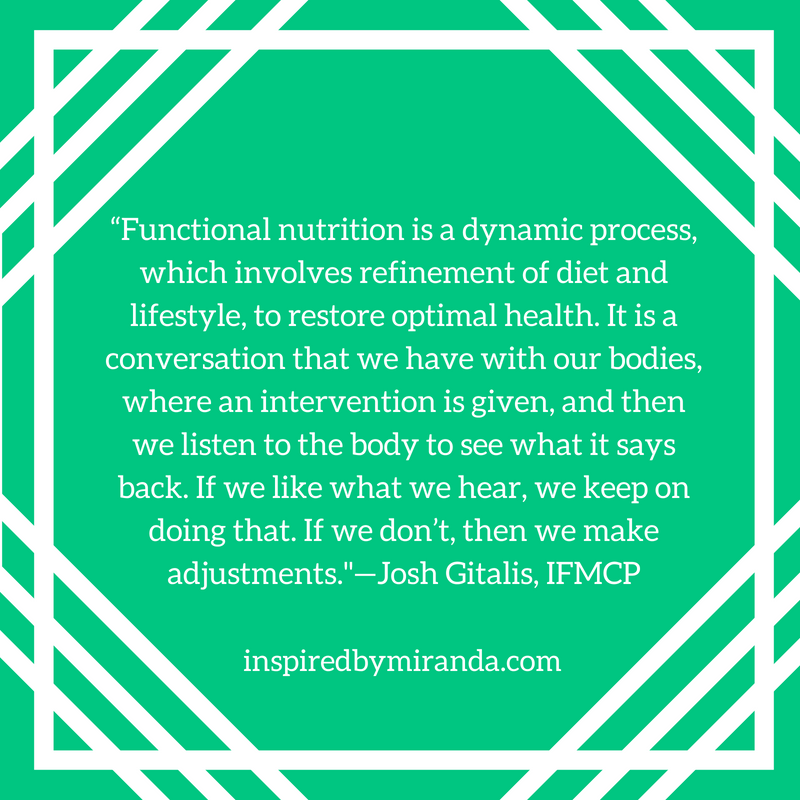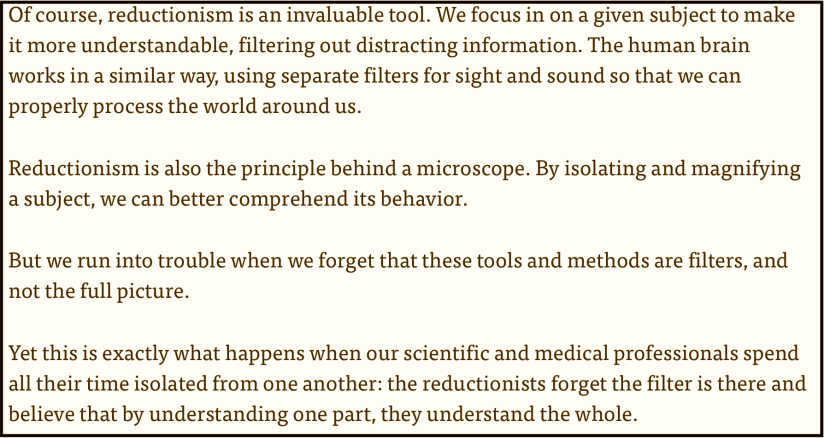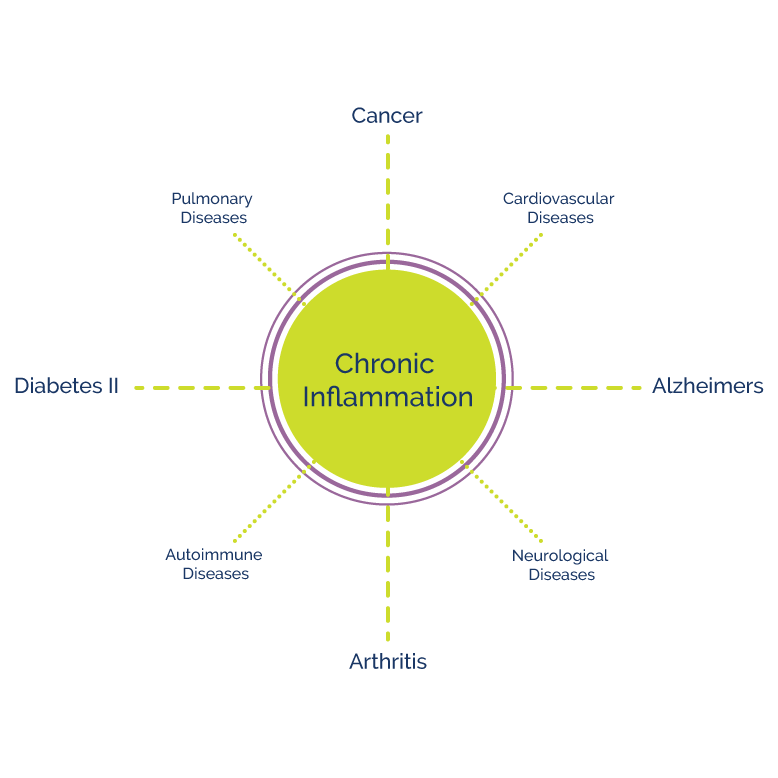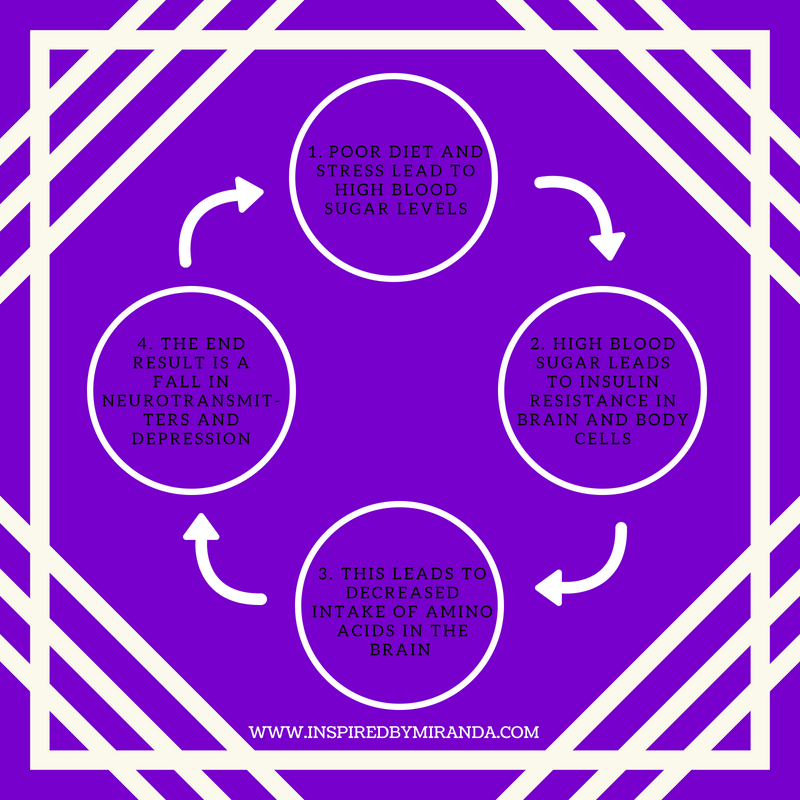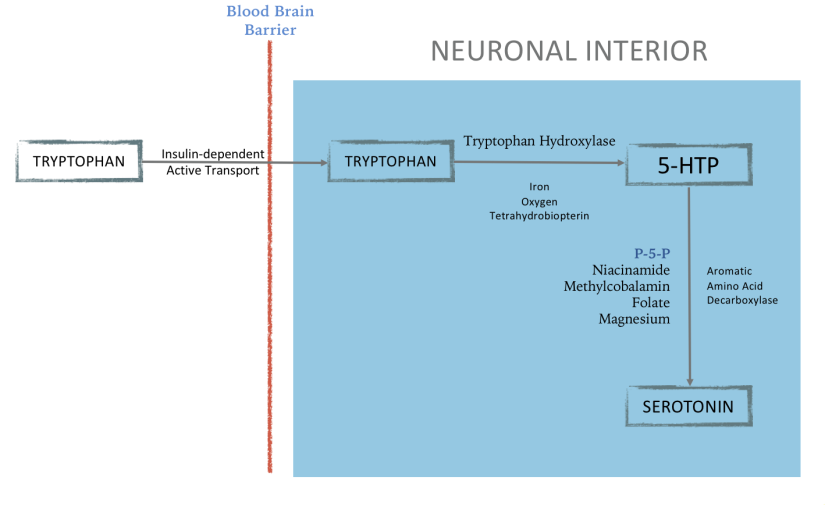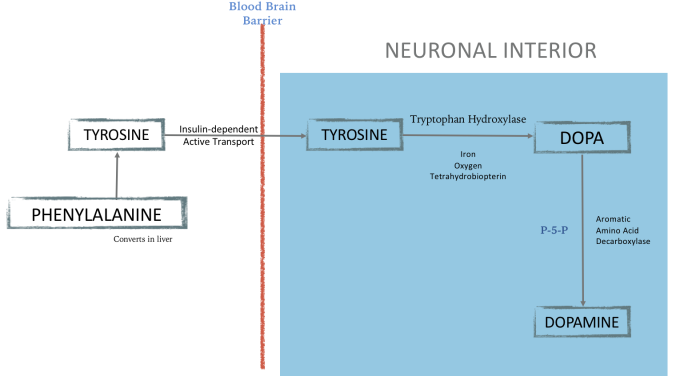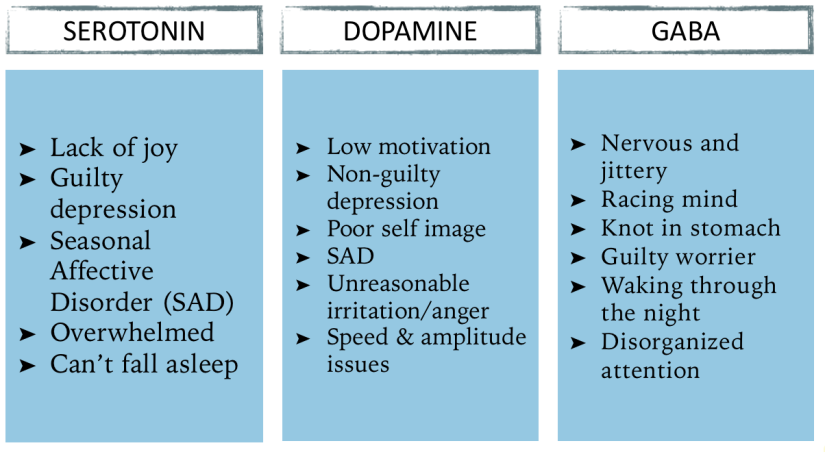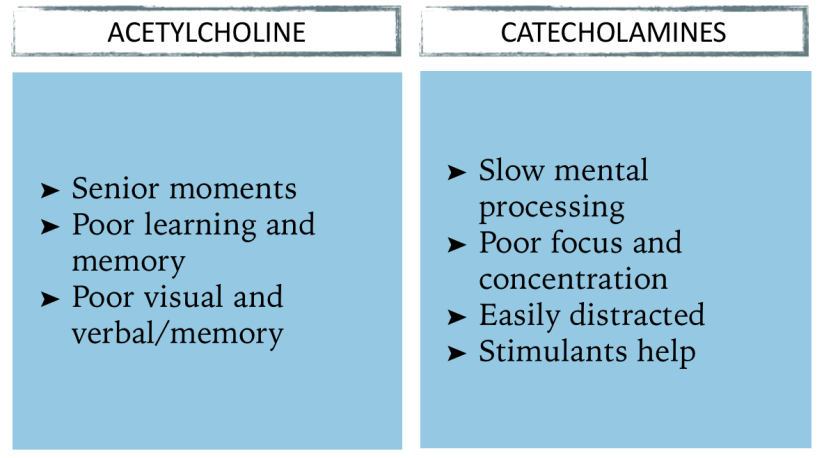Alternative medicine has been on the rise for several decades now and it seems that it will keep growing in the foreseeable future. The most recent addition to the alternative medicine family is Functional medicine. Why is it different? Because it offers something traditional medicine doesn’t – that is working on the body as a whole to eliminate the root cause, rather an as isolated systems of organs and suppressing symptoms.
So what’s the big fuss? Let’s take a look at the current healthcare landscape.
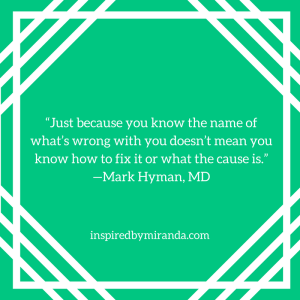

Conventional Medicine
Western medicine or allopathic medicine is the dominant approach to health are not only in the West but in any developed country (thanks to globalization). These paradigm treat the symptoms of disease rather than the root cause. The National Cancer Institute’s describes allopathic and Western medicine as using “drugs, radiation or surgery to treat symptoms and disease. These can also be called conventional medicine or mainstream medicine.
Alternative Medicine
There are many paradigms which fall under “alternative medicine”. According to the American Association of Colleges of Osteopathic Medicine (AACOM), this approach goes beyond just treating symptoms and aims to achieve optimal health. Osteopathic healthcare consists of conventional drugs, surgery and special osteopathic manipulative techniques. These techniques are hands-on – an osteopathic doctor would use their hands to stretch or apply gentle pressure on muscles and joints.
Holistic medicine encompasses body, mind and soul into its practice. It treats the person as one whole, rather than the sum of its parts/organs/systems, and thus the name holistic. Like osteopathic medicine, holistic medicine looks for the root cause of problems, rather than just treating symptoms. It includes physical, social, psychological and spiritual elements of health and disease.
Naturopathic medicine has self-healing at the core of its paradigm. It uses therapeutic methods (including nutritional, manipulative, homeopathic and botanical therapies) and substances to assist the body in healing itself. It also focuses on identifying and eliminating the root causes of disease and ill health.
And finally, integrative medicine is the marriage of mainstream and alternative medicine. I believe integrative medicine incorporates all of the above. Some of the top interventions used in integrative medicine are nutrition, yoga, supplementation, massage, meditation and acupuncture.
Functional Medicine
Functional medicine is a systems-based method, linking physiology and function. It takes into account the patient’s lifestyle, genes and environment when looking for the root cause and developing a treatment plan. It is often confused with integrative medicine, because of their many similarities, including a patient-centered approach.
I really like the definition below from this article on Deepak Chopra’s website:
“The Textbook of Functional Medicine defines FM as the ‘prevention, early assessment, and improved management of complex, chronic disease by intervening at multiple levels to correct core clinical imbalances and thereby restore each patient’s functionality and health to the greatest extent possible’.”
Functional Medicine’s 6 Core Principles:
- Recognizing the individuality and genetic uniqueness of each human being
- Supporting a holistic, patient-cantered — rather than disease-cantered — approach to treatment
- Searching for a dynamic balance between body, mind, and spirit
- Acknowledging the interconnectedness of all internal body functions
- Seeing health as a positive vitality — not just the absence of disease
- Striving to enhance the health span, not just the life span, of each patient
There’s a good analogy of functional medicine as a tree: the leaves are the symptoms, the trunk is the clinical imbalances, and the roots are the environmental and genetic dispositions.
Functional medicine was found on the premise that dysfunctions on multiple levels (psychological, physiological, etc.) precede disease. Part of its approach is to define disease in terms of how the individual’s genome interacts with the environment and lifestyle and how that is expressed in physiological function.
A typical course of action would be to correct physiological imbalances and change the environmental factors (including nutrition) which undermine optimal function.
Back to Alternative Medicine
All of the outlined medicine paradigms have one goal in common – to restore and maintain optimal health. Alternative and especially functional medicine aims to go beyond the absence of disease and towards 100% function of the body.
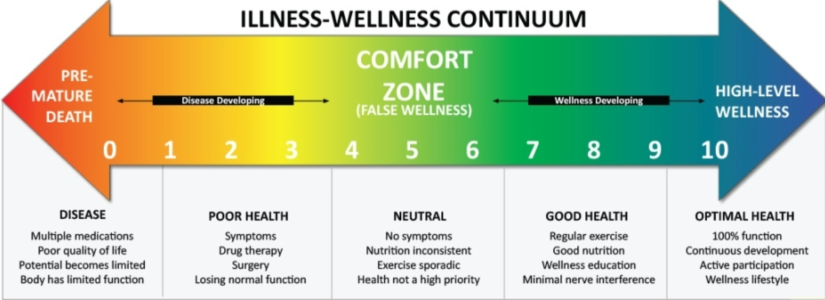
Where does nutrition fit into this? Nutrition fits in each and every model. It is a core component of osteopathic, naturopathic, holistic and functional medicine. It can also help many hospital in-patients and out-patients in their recovery from invasive treatments or to counter-balance the effects of medications. Nutrients affect us not just on a system level but also on a cellular level. We need good nutrition in order function optimally and support our bodies to maintain homeostasis (balance).
I believe all of these approaches can work together under a funnel approach. At the top of the funnel we have the less invasive/aggressive approaches: osteopathic medicine, holistic medicine, naturopathic medicine and functional medicine. In this way most of the chronic diseases can be prevented and reversed, the burden on public health systems and hospitals can be lowered and patients can actively participate (and choose) their treatment plans.
At the bottom of the funnel would be the remaining approaches: western medicine, allopathic medicine and regenerative medicine. Let’s not forget that A&E doctors save lives every day! That is why we cannot completely eliminate traditional medicine – we still need it for emergency and severe cases. However, I would rather see them as a last resort.
The “funnel” approach as I would like to call it will limit the number of people requiring medications and surgeries, free up more time for the allopathic doctor so that he/she can focus more on their patient’s care and thus improve their service. And this is why non-mainstream medicine will continue to grow.
